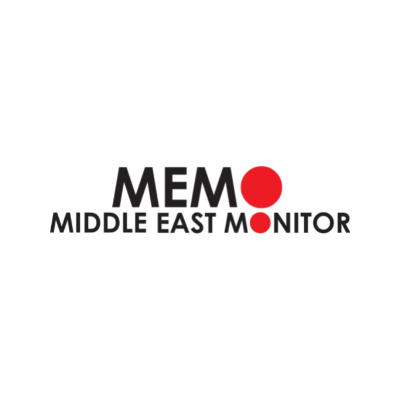 Middle East Monitor Article Rating
Middle East Monitor Article RatingEU helping UN, Turkiye in bid to extend Black Sea grain deal
- Bias Rating
10% Center
- Reliability
60% ReliableAverage
- Policy Leaning
10% Center
- Politician Portrayal
-67% Negative
Continue For Free
Create your free account to see the in-depth bias analytics and more.
Continue
Continue
By creating an account, you agree to our Terms and Privacy Policy, and subscribe to email updates. Already a member: Log inBias Score Analysis
The A.I. bias rating includes policy and politician portrayal leanings based on the author’s tone found in the article using machine learning. Bias scores are on a scale of -100% to 100% with higher negative scores being more liberal and higher positive scores being more conservative, and 0% being neutral.
Sentiments
N/A
- Liberal
- Conservative
| Sentence | Sentiment | Bias |
|---|---|---|
Unlock this feature by upgrading to the Pro plan. | ||
Reliability Score Analysis
Policy Leaning Analysis
Politician Portrayal Analysis
Bias Meter
Extremely
Liberal
Very
Liberal
Moderately
Liberal
Somewhat Liberal
Center
Somewhat Conservative
Moderately
Conservative
Very
Conservative
Extremely
Conservative
-100%
Liberal
100%
Conservative

Contributing sentiments towards policy:
54% : The United Nations is also working with the African Export-Import Bank (Afreximbank) to create a platform to help process transactions for Russian exports of grain and fertiliser to Africa, the top UN trade official told Reuters last month.45% : The European Commission is helping the United Nations and Turkiye try to extend a deal allowing the Black Sea export of Ukraine grain - that could expire on Monday - and is open to "explore all solutions", a European Union spokesperson said on Thursday, Reuters reports.
39% : The United Nations and Turkiye brokered the Black Sea Grain Initiative with Russia and Ukraine in July 2022 to help alleviate a global food crisis worsened by Moscow's invasion and blockade of Ukrainian ports.
35% : It was cut off by the European Union in June 2022 over Russia's invasion of Ukraine in February 2022.
*Our bias meter rating uses data science including sentiment analysis, machine learning and our proprietary algorithm for determining biases in news articles. Bias scores are on a scale of -100% to 100% with higher negative scores being more liberal and higher positive scores being more conservative, and 0% being neutral. The rating is an independent analysis and is not affiliated nor sponsored by the news source or any other organization.





















